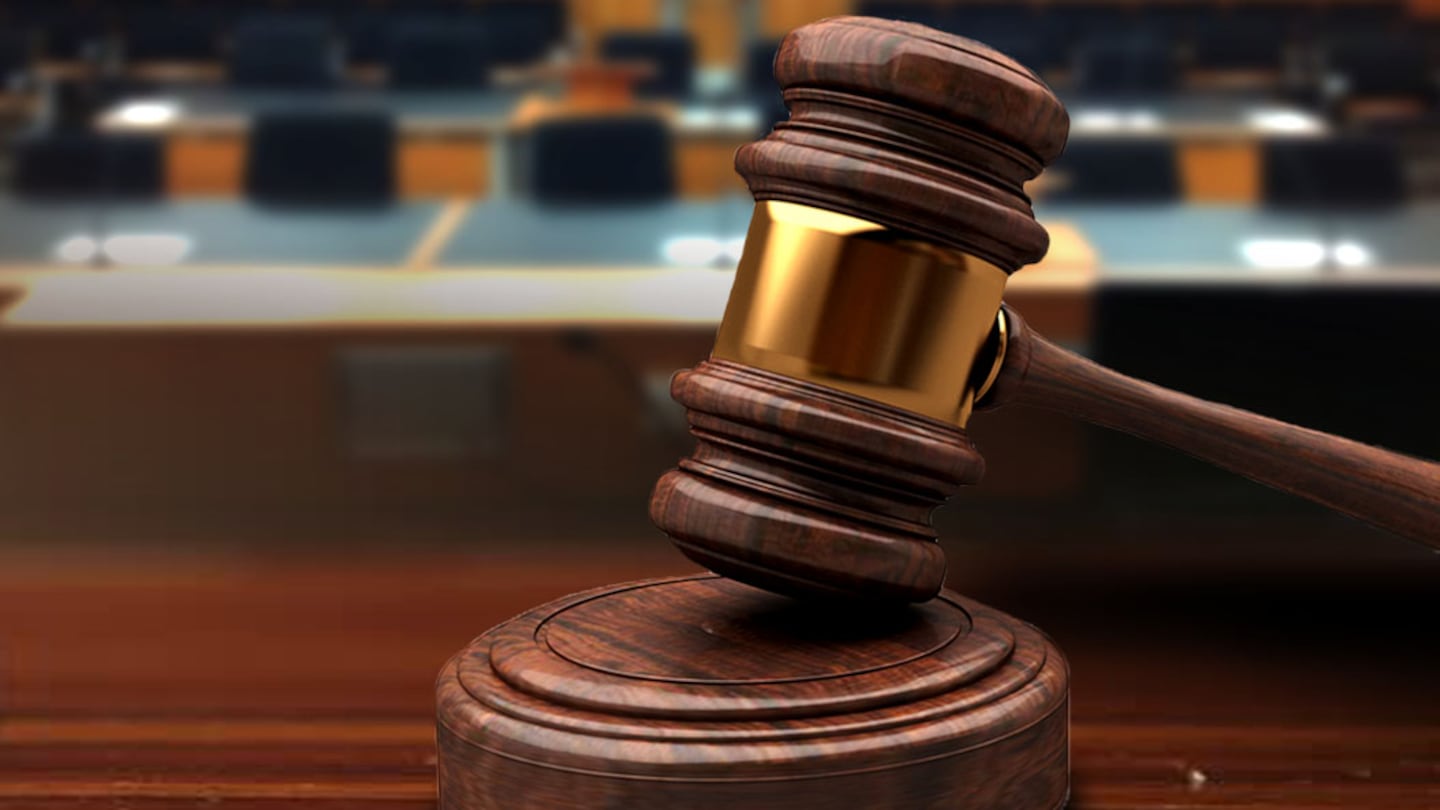In a rare move, the Waitangi Tribunal has summonsed a sitting minister to explain why she wants to repeal section 7AA of the Oranga Tamariki Act.
But Crown lawyers are objecting and have said if she is summonsed, they will seek a judical review by the High Court to stop it.
Children’s Minister Karen Chhour has been summonsed to explain to the tribunal why she takes issue with 7AA of the act, and why repealing makes more sense than amending, among other questions.
The hearing is set for April 26 though Judge Michael Doogan admits in a memorandum on the matter that this is a hypothetical date if the Crown does go to the High Court. Instead, he pleads for the minister to voluntarily come to give evidence. He says that the tribunal hearing needs to be completed before mid-May when the bill change is introduced and the tribunal loses jurisdiction.
The plan to scrap section 7AA of the Oranga Tamariki Act 1989 is one of the coalition agreements between National and Act.
Section 7AA has served as the organisation’s main legal motivator to improve the system for Māori, narrow the gap between Māori and non-Māori children’s experiences in state care, collaborate with iwi, and ensure mana tamaiti, whakapapa, and whanaungatanga are reflected in their policies and practices.
But the Crown argued against the summons, with its lawyers saying that compelling a sitting minister to attend or provide a written statement “is against both authority and constitutional practice and principle.”
They also said they were concerned Chhour’s answers might breach cabinet confidentiality, and said they might initiate urgent High Court judicial review proceedings in an attempt to invalidate the summons.
Will the Crown get its way?
The Māori Land Court kaiwhakawā (judge) said he questioned “the extent to which Crown counsel are correct to rely on the authorities and constitutional principles invoked”.
He also pointed out in his memorandum that while the tribunal had the power to summons a minister, “whether we should do so is a different question”, saying the preferred approach was to “invite the Minister to reconsider her position and provide evidence voluntarily.”
Nonetheless, he issued the summons to Minister Chhour, pending any judicial proceedings in the High Court, saying there’s “an important question that needs to be clarified and resolved if possible”.
What is Section 7AA?
Section 7AA was introduced following the reform proposals of 2015, which Oranga Tamariki was born out of.
It outlines a series of obligations Oranga Tamariki has to tamariki and rangatahi Māori, as well as wider whānau, and is the main legal mechanism to acknowledge the Crown’s duties to uphold Te Tiriti o Waitangi in state care.
It was the first time Te Tiriti o Waitangi had been mentioned in Aotearoa’s child protection laws.
Questions remain over the efficacy of this section though, following the highly-publicised 2019 uplift of a child in Hawke’s Bay, an incident that thrust s7AA into the public eye.



